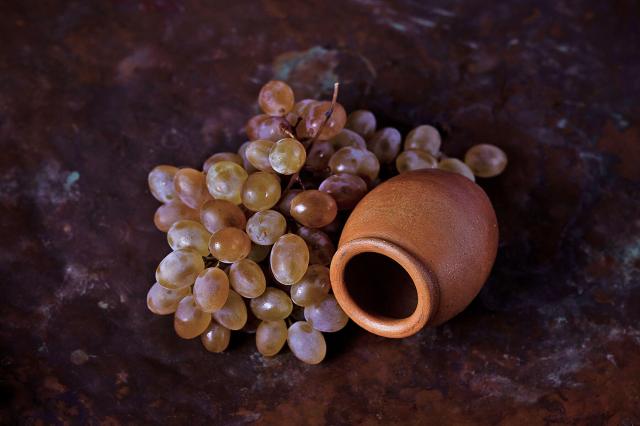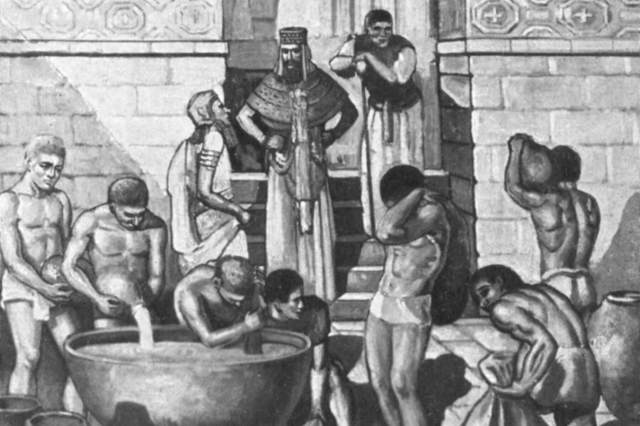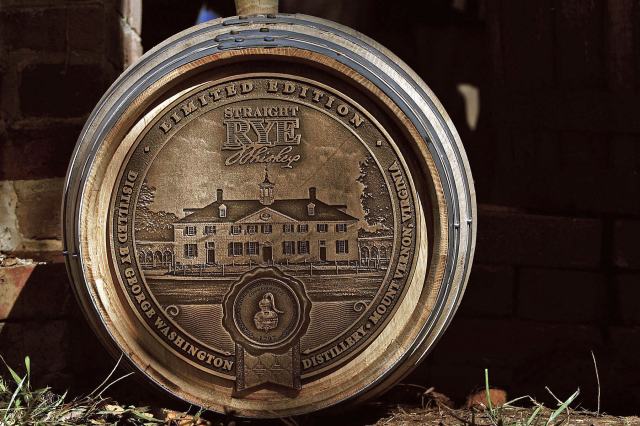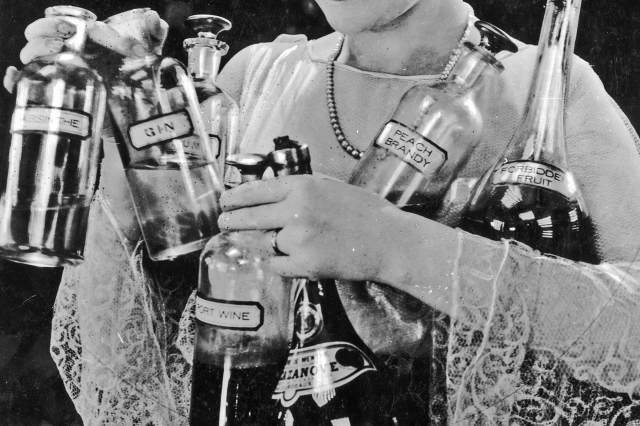5 Dizzying Facts About the History of Alcohol
From gastropubs to college campuses, alcohol is present wherever people socialize. But liquor, beer, and wine didn’t just pop up overnight. These libations have a rich history dating back millennia. In fact, alcoholic beverages even predate many ancient civilizations — the earliest known fermented drinks date back as far as 13,000 years ago, when a beer-like porridge was brewed in a cave near modern-day Haifa, Israel.
In the many centuries since, booze has played a pivotal role in countless cultures. It’s been used as currency, cultivated in monasteries, and even distilled by America’s first President. So grab your favorite cocktail and keep reading for five facts about the history of alcohol.

Grape-Based Wines Originated in Modern-Day Georgia Around 6000 BCE
The winemaking industry as we know it began more than 8,000 years ago, with a group of farmers in a region of the South Caucasus now home to the country of Georgia. It wasn’t France or Italy that first turned grapes into wine, but rather residents of an ancient site known as Gadachrili Gora, a Stone Age village just south of modern-day Tbilisi. Archaeological excavations uncovered pottery fragments dating to the Neolithic period that contain residual wine compounds such as grape pollen and starch. These large vessels — early versions of a popular Georgian wine vessel known as a Qvevri — were decorated with depictions of grapes, further suggesting their use in winemaking. It’s believed the vessels were used for fermentation, aging, and serving all in one.

Ancient Egyptian Workers Were Paid in Beer
The ancient Sumerian people of Mesopotamia (near modern-day Iraq) created the first recorded evidence of barley beer around the year 3400 BCE (though beer likely dates back thousands of years earlier). In the centuries that followed, these early and popular beer-like beverages sprung up throughout the region. Few cultures at the time loved a brew to the degree of the ancient Egyptians, however; they treated the beverage as a key component of their everyday diet, as many meals consisted of just beer and bread. Wine was also popular in Egypt at the time, though it was often reserved for members of upper-class society, making beer more popular among those in the working class. Workers along the Nile River were even paid with an allotment of beer, as it was considered safer to drink than water from the polluted river. These libations were often flavored with additives such as dates and olive oil, only adding to their deliciousness at the time.


















